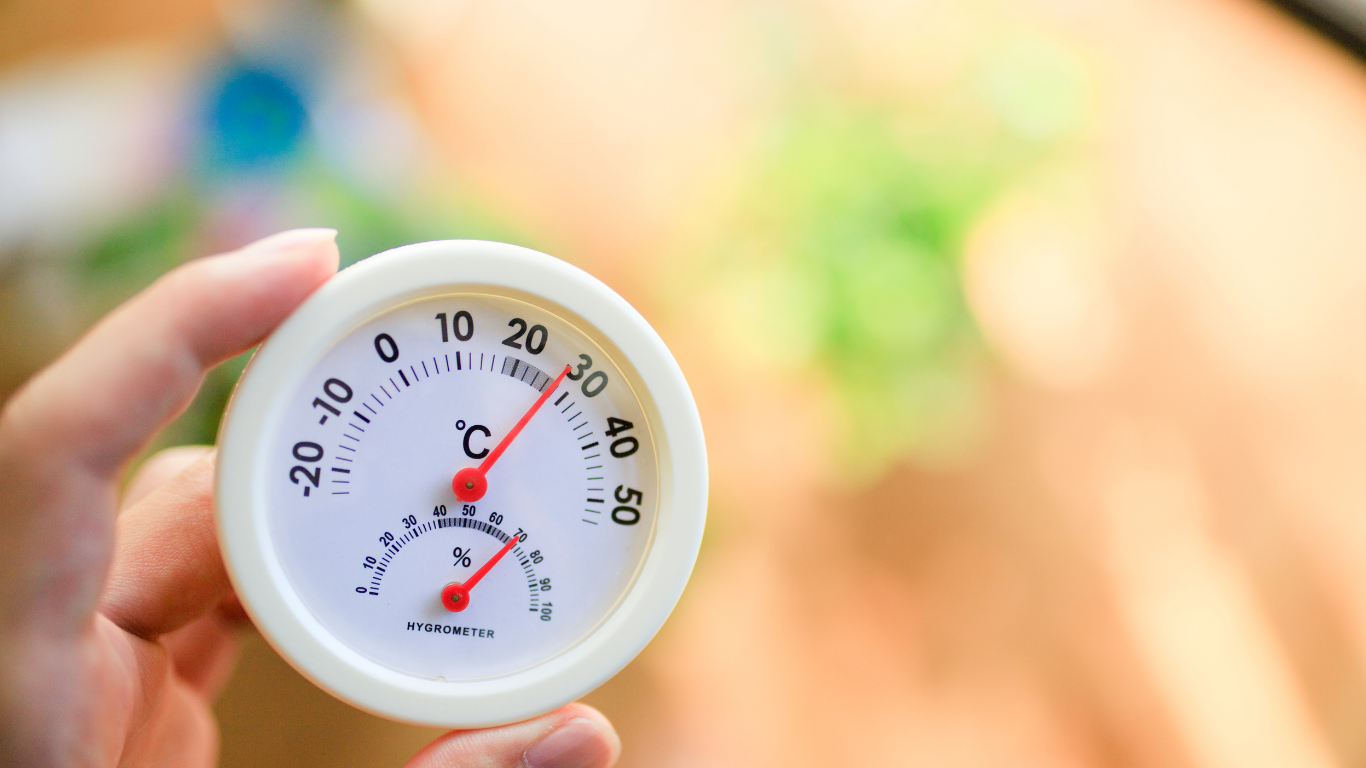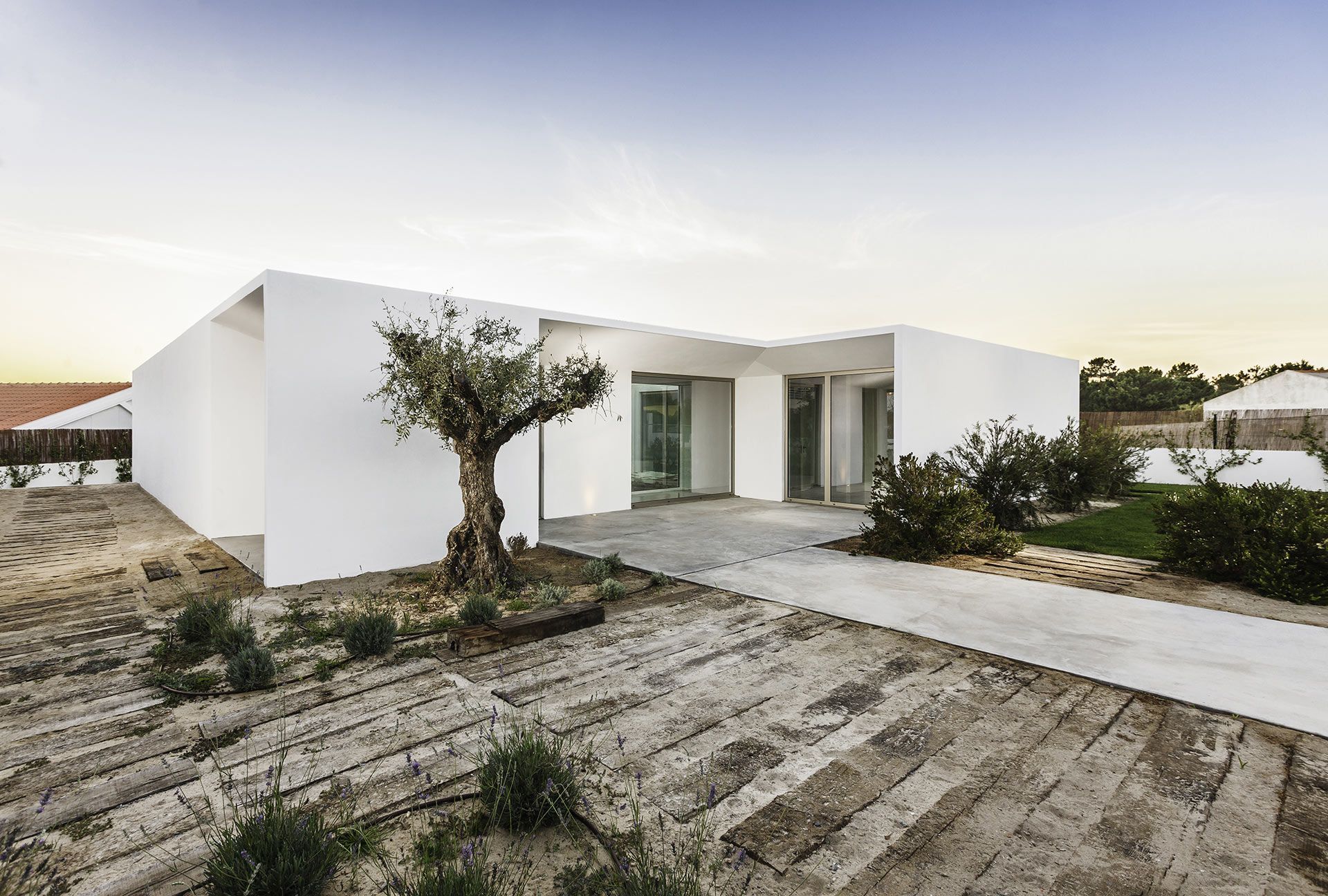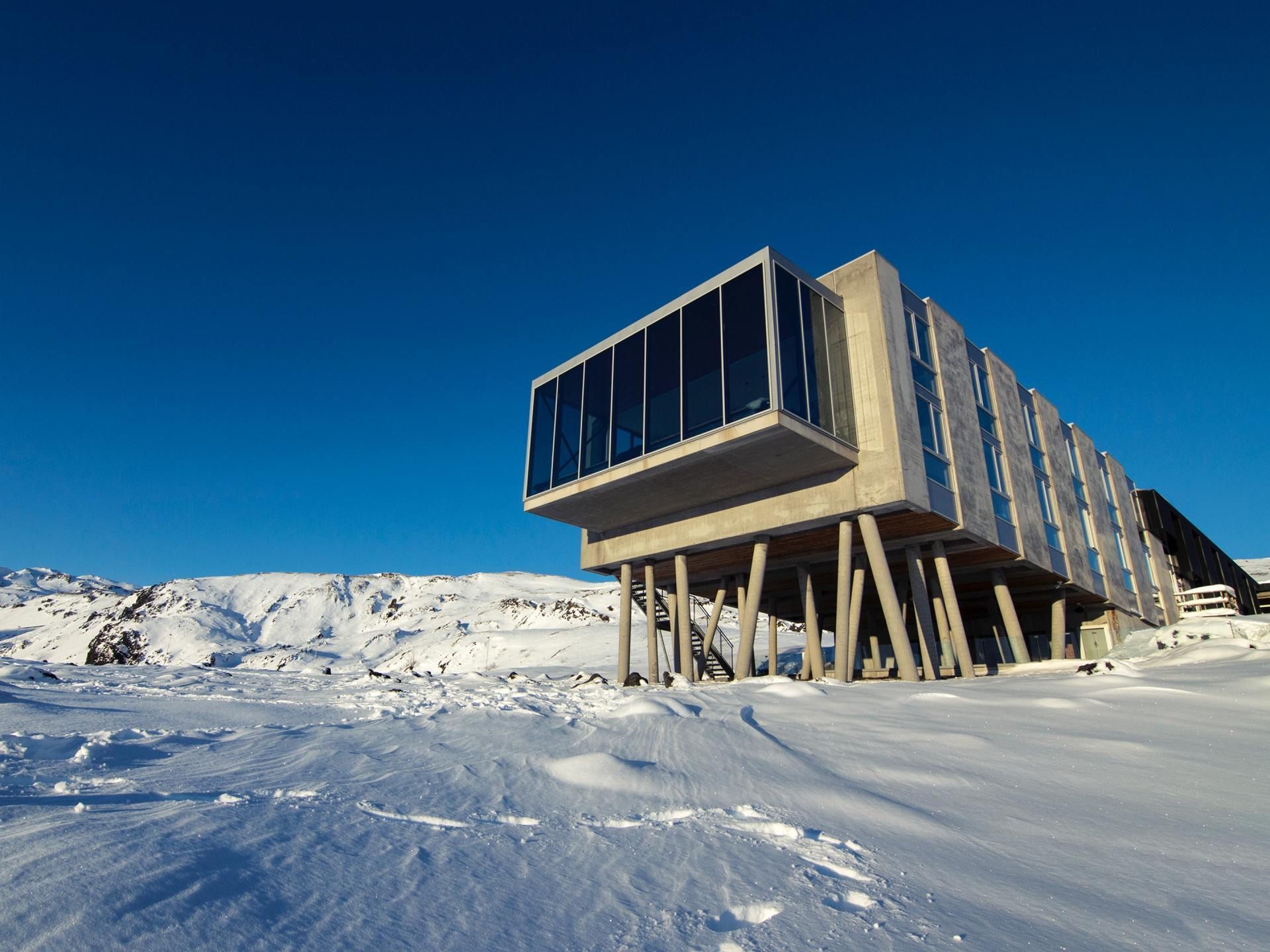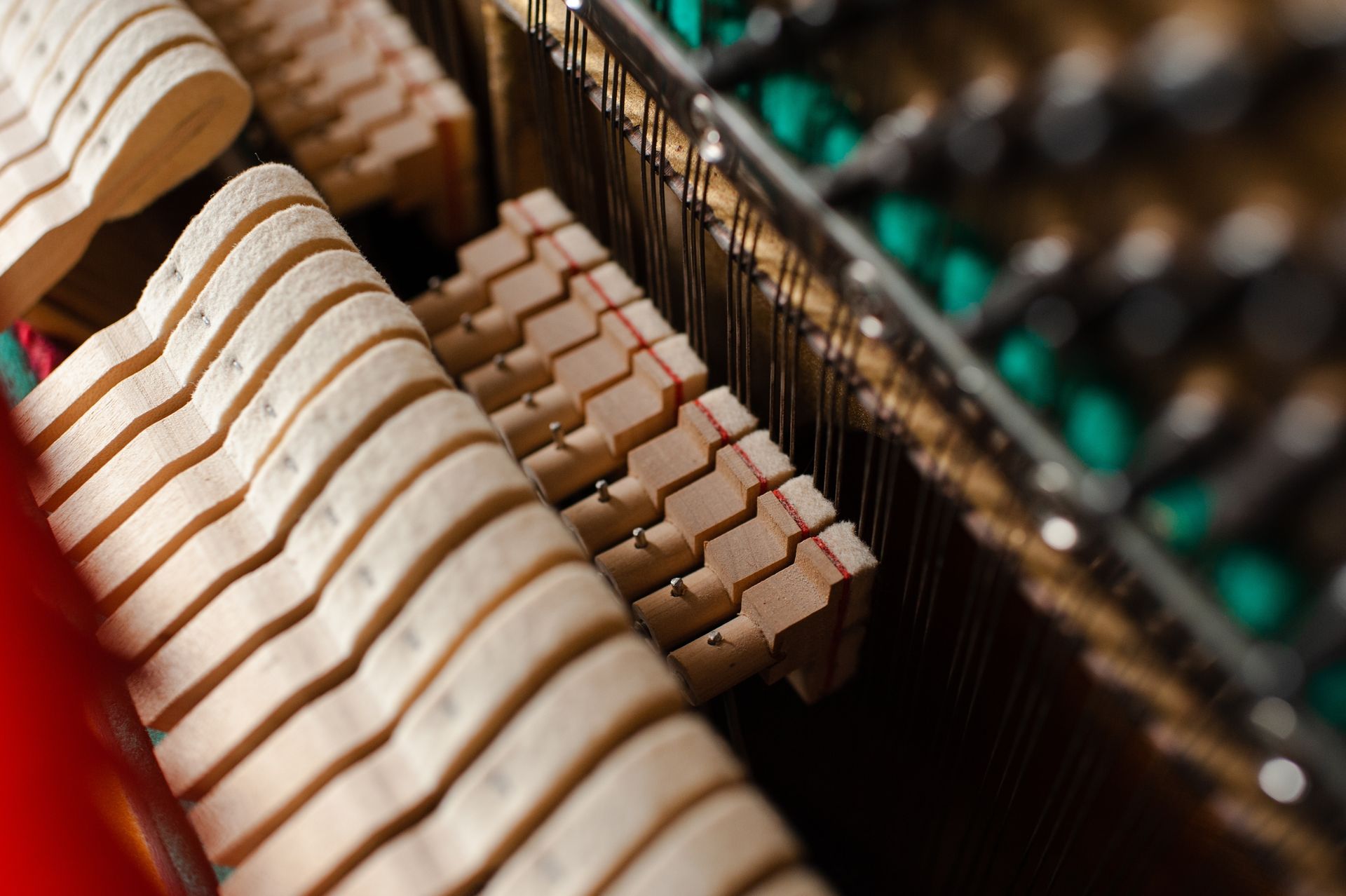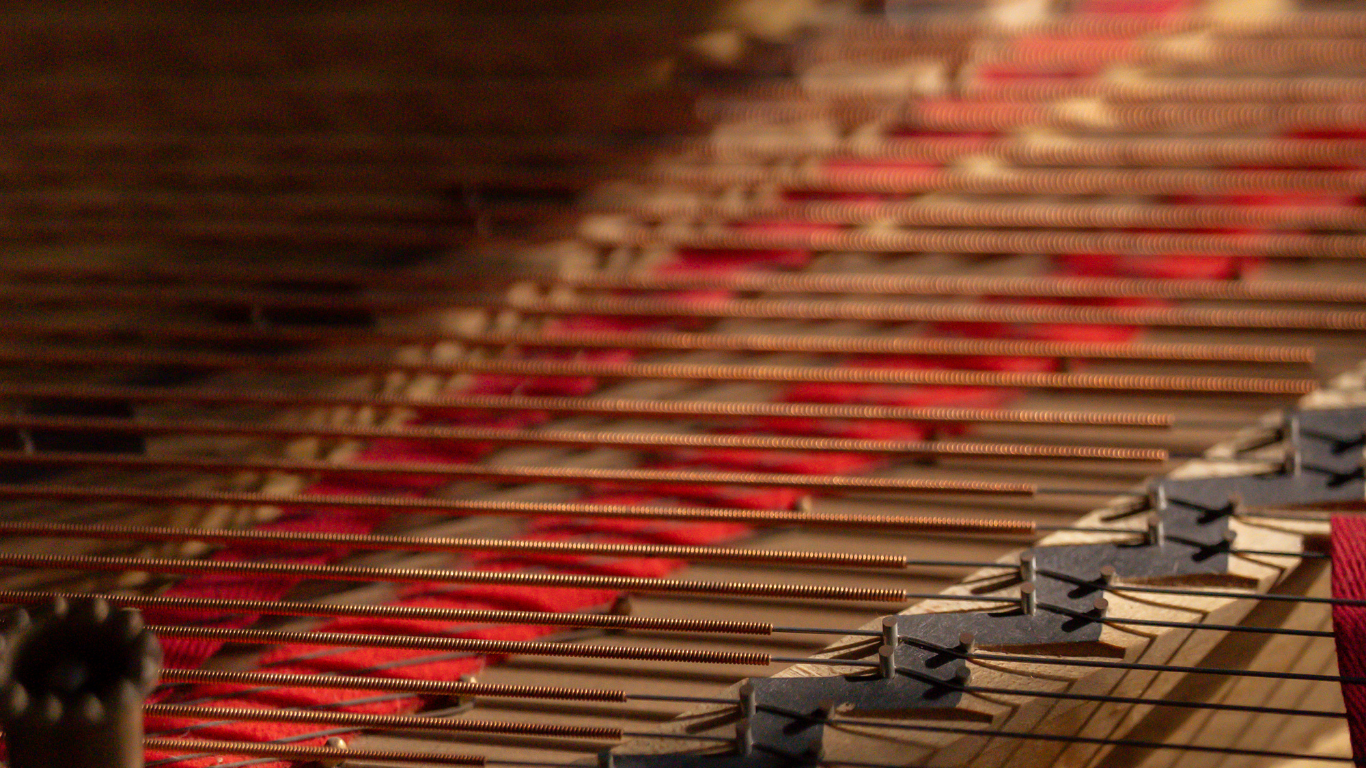How to Know If Your Piano Is Worth Repairing or Restoring
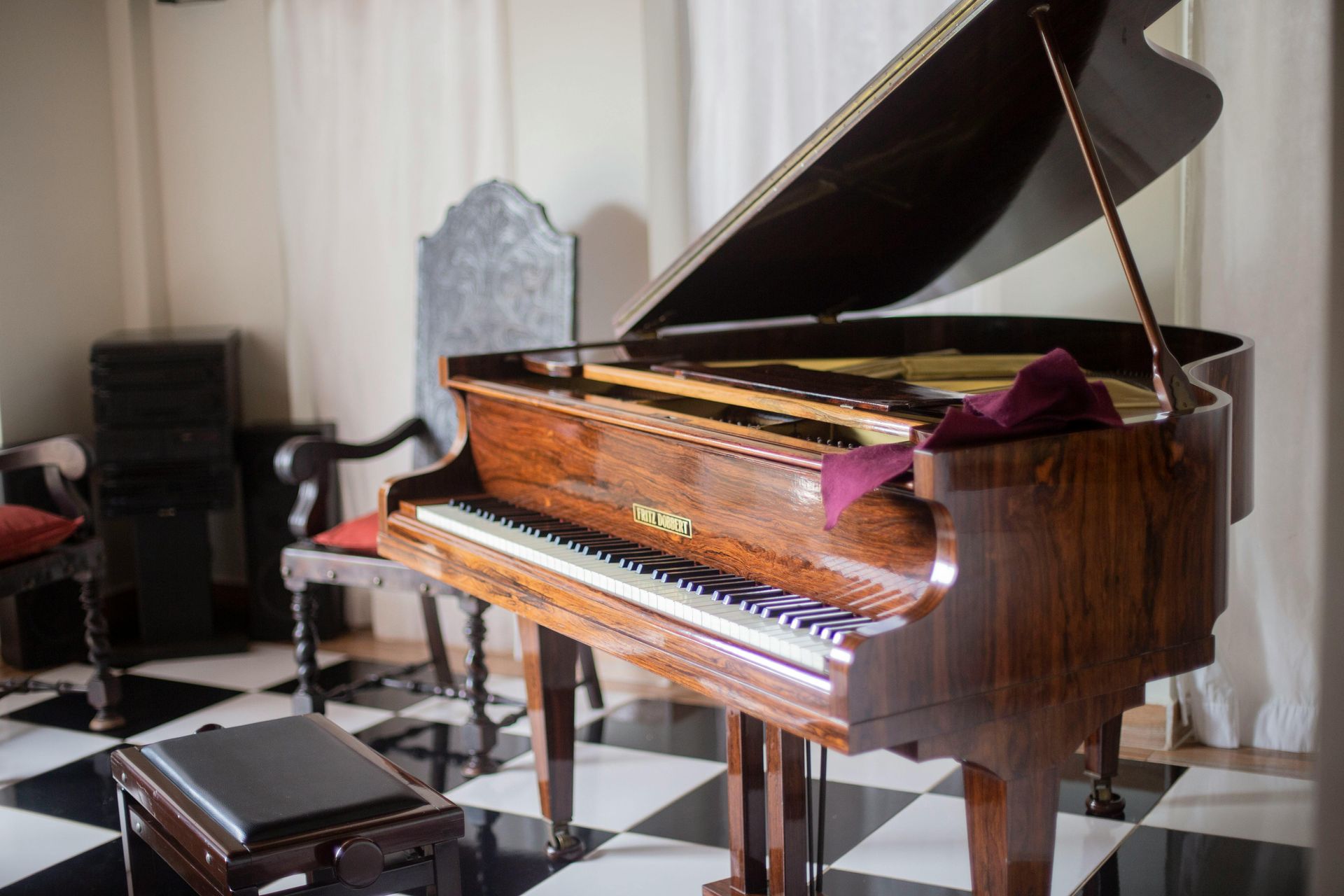
“It’s been in the family for years... but is it worth fixing?”
If you’ve recently inherited a piano, bought a house with one included, or have a dusty upright sitting silent for decades, you’ve probably asked yourself:
“Is this thing worth repairing?”
It’s a great question—and one I get asked often.
The answer depends on a few key factors: age, condition, brand, use, and your personal goals. So, let’s walk through how to evaluate whether your piano is a candidate for tuning, minor repairs, full restoration—or retirement.
Step 1: What’s the Piano’s Purpose?
Start by asking yourself what you want out of the instrument. That answer will guide everything.
- “I just want it to play decently for casual home use.”
- “It’s sentimental—I don’t care how much it costs to restore.”
- “I’m a serious player and want something performance-ready.”
- “It’s for a student or young beginner.”
If you just want something that plays well, a tuning and minor regulation may be all you need. But if you want Steinway-level tone and touch from an antique upright, you may be looking at more than basic service.
Step 2: Evaluate the Condition
Here are the big red (and green) flags I look for when evaluating a piano:
Good Signs:
- Holds pitch or only needs slight pitch raise
- Soundboard is intact (no major cracks)
- Keys are mostly level and responsive
- Pedals function normally
- No water damage or infestation
- Brand is reputable (Steinway, Baldwin, Yamaha, etc.)
Warning Signs:
- Severe pitch drop or can't hold tuning
- Cracked or separated soundboard
- Rusted strings or tuning pins
- Mold, rodent, or water damage
- Keys are warped, missing, or non-responsive
- Broken action parts throughout
- Brand is from a no-longer-existing manufacturer with no parts availability
If I see these issues during an inspection, I’ll give you an honest assessment of whether repair makes sense—or if you'd be better off putting that money toward a better instrument.
Step 3: Compare Repair Cost vs. Value
Pianos aren’t always “worth” what it takes to fix them—but value is more than just dollars.
- Tuning + minor repairs: $150–$400
- Voicing, regulation, part replacements: $300–$900
- Full restoration (rebuild, restring, refinish): $3,000–$15,000+
If the piano has sentimental value, even major repairs can feel worth it. If it’s a beginner’s instrument or a Craigslist freebie with issues, sometimes the best move is to replace it.
Tip: Don't Judge Solely by Age
Older doesn’t always mean “worse.” I’ve worked on well-preserved 100-year-old pianos that play beautifully—and seen 30-year-old ones that are total rebuild jobs due to moisture damage or poor materials.
Brand, care history, and environmental exposure matter more than age alone.
Can You Just Tune It and See?
Sometimes! If the structure is sound and the keys all function reasonably well, a pitch raise and tuning can give new life to a “dead” piano.
In other cases, trying to tune a piano that’s too far gone can make things worse. If tuning pins won’t hold, hammers are misaligned, or the soundboard is compromised, we need to discuss repair or retirement options first.
Honest, Pressure-Free Evaluations
When I evaluate a piano, I’ll tell you:
- What can be fixed easily
- What’s worth fixing based on your goals
- What’s not worth the investment
- Whether replacement is the smarter route
You’ll always get a clear, no-nonsense answer from me—no upselling, no guessing.
Serving Wisconsin Piano Owners with Integrity
I’ve helped hundreds of families across Northern Wisconsin decide what to do with their pianos—from tuning up old uprights to rebuilding treasured Steinways.
If you’re in Woodruff, Minocqua, Rhinelander, Eagle River, Park Falls, or surrounding towns, I’d be happy to stop by and take a look.
Ready to Find Out if Your Piano Can Be Saved?
Don’t wonder—let me take a look. I’ll assess your piano honestly and help you decide what’s best, whether that’s a simple fix or saying goodbye.
(715) 892-2705
billn0614@gmail.com
Request a Piano Evaluation →
